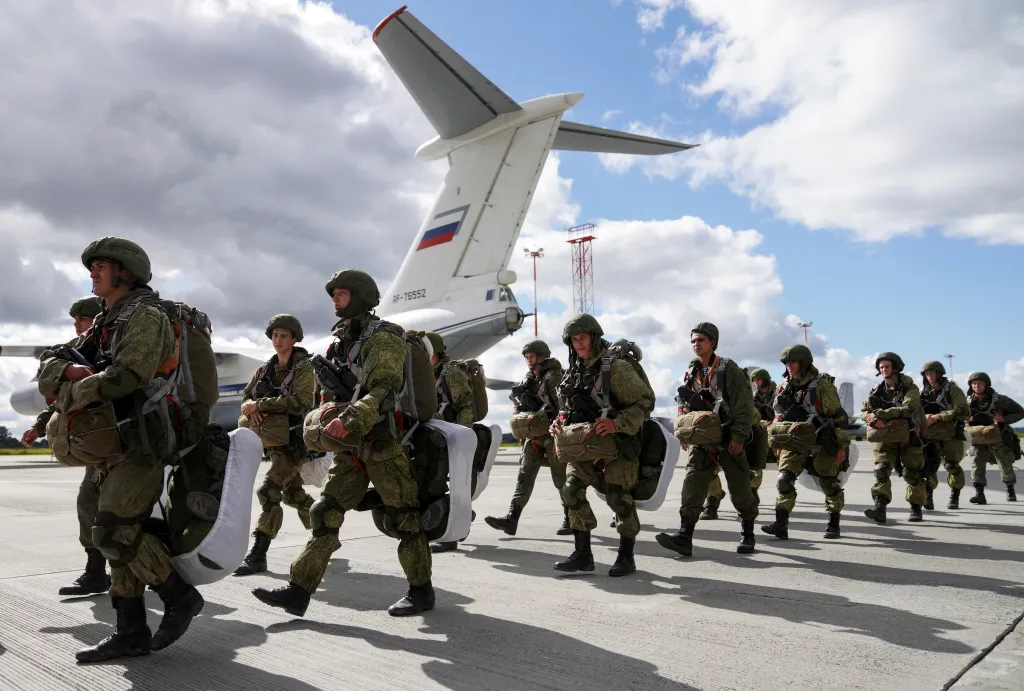The Russian government has submitted a draft budget for 2026-2028 that allocates 17 trillion rubles ($183 billion) to national security and defense in 2026.
It represents 38% of planned annual expenditures, according to documents presented to the State Duma on 29 September.
The budget projects federal revenues of 40.3 trillion rubles ($485 billion) and expenditures of 44.1 trillion rubles ($531 billion) for 2026. Defense spending is set at 12.9 trillion rubles ($155 billion) in 2026, down from 13.5 trillion rubles ($163 billion) in 2025. The draft projects defense expenditures will rise to 13.6 trillion rubles ($164 billion) in 2027 before declining to 13 trillion rubles ($156.5 billion) in 2028.
National security spending will increase to 3.9 trillion rubles ($47 billion) in 2026 from 3.5 trillion rubles ($42 billion) in 2025. The combined defense and security allocation represents a decrease from 41% of total expenditures in 2025.
Russia is reducing its defense and security spending by 200 billion rubles ($2.4 billion) compared to 2025 despite ongoing economic pressures. Finance Minister Anton Siluanov said on 18 September that Russian authorities expect oil and gas sales to account for 20 to 22% of federal budget revenues in 2026, down from about 50% previously.
The Kremlin has announced an increase in value-added tax to fund defense and security, which the Finance Ministry estimates will generate $14.2 billion in additional revenue in 2026.
Russian opposition outlet Verstka reported on 29 September that the government plans to spend 106.4 billion rubles ($1.28 billion) on state television channels in 2026, a significant increase from 69.1 billion rubles ($832 million) planned for 2025. The 2025 budget allocated 4.5 billion rubles ($47 million) to the Solovyov Live Telegram channel and 49 million rubles ($511,000) to Readovka online news aggregator.
The increase in television funding suggests a shift back to traditional propaganda methods amid recent social media restrictions and the creation of the Russian state messenger Max, according to the Institute for the Study of War.




